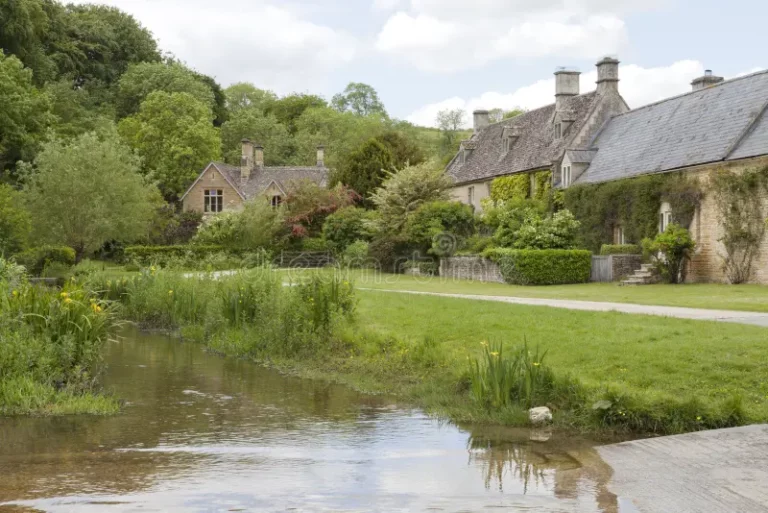Meaning of Moyra
Possible Gaelic Origins
Moyra is a feminine given name with roots likely stemming from Gaelic origins.
It is often considered to be a variation or diminutive of the Irish name Moira, which in turn has connections to the ancient Greek word “Moirai”.
“Moirai” referred to the three Fates in Greek mythology: Clotho, Lachesis, and Atropos. These goddesses were responsible for spinning, measuring, and cutting the thread of life, respectively.
Therefore, the name Moyra can be interpreted as representing destiny, fate, or even the passage of time.
Its Gaelic roots suggest a strong connection to Irish culture and mythology.
The name’s popularity has seen fluctuations throughout history, but it remains a relatively uncommon yet elegant choice for baby girls.
Association with “Mary”
Moyra is a feminine given name of Irish origin, a variation of the Gaelic name “Muire,” which itself is derived from the Latin “Maria.”
Like “Mary” or “Miriam,” Moyra holds deep religious significance, as it refers to the Virgin Mary, mother of Jesus in Christian tradition. In Irish culture, Muire and its variations like Moyra have been cherished for centuries, embodying qualities associated with the Blessed Virgin such as purity, grace, and motherhood.
The name’s popularity is tied closely to this religious association. While less common than Mary, Moyra carries a similar sense of reverence and tradition. It has also gained traction as a more distinctive yet still elegant choice for baby girls.
Origin and History
Irish Roots
Moyra is a feminine given name with origins rooted in ancient Ireland.
Its etymology stems from the Irish Gaelic word “Muire”, which is a variant spelling of “Mhuire” and directly translates to “Mary”.
Mary, venerated as the mother of Jesus in Christianity, holds deep significance in Irish culture and history. The name Moyra thus carries a strong religious connotation, reflecting the profound influence of Christianity on Ireland.
The use of Moyra likely emerged during the medieval period when Christianization spread throughout Ireland.
As the veneration of Mary grew, her various Gaelic names and variations, including Muire and its derivative Moyra, gained popularity as given names for girls.
Over time, Moyra evolved from an Irish name to one with wider recognition and usage in English-speaking regions.
Today, it remains a cherished name, often associated with grace, beauty, and the enduring legacy of Irish heritage.
Variations Across Time and Place
Moyra is a feminine given name with Irish origins.
It is a variant of the Gaelic name “Maire”, which itself is derived from the Latin name “Maria”.
The meaning of “Mary” in Hebrew is “bitterness,” or “rebelliousness.” However, the name came to be associated with grace, purity, and gentleness in Christian tradition.
Moyra emerged as a distinct name in Ireland during the medieval period, possibly gaining popularity due to its melodic sound and association with Saint Mary.
The name spread to other English-speaking countries through Irish emigration, particularly in the 19th century.
Variations of Moyra include Moira, which is more common in Scottish English, and Maurya, a variant found in Ireland and parts of Scotland.
Throughout its history, Moyra has been a relatively popular name, especially in Ireland and its diaspora.
It saw a surge in popularity during the early 20th century, but it has since become less common compared to other names.
Nevertheless, Moyra remains a cherished and elegant name with a rich historical heritage.
Popularity and Usage
Modern Day Prevalence
Moyra is not a wildly popular name in contemporary times. It has never reached the heights of fame enjoyed by names like Olivia or Noah. Its usage remains relatively niche, meaning it’s less common than many other names. This doesn’t necessarily mean it’s an unusual or uncommon name, simply that it’s not frequently encountered.
While Moyra isn’t a top contender on modern baby name lists, its presence in the English language is undeniable. It continues to be used by families seeking a unique and distinctive name for their daughters. The name holds a certain charm and elegance that appeals to those looking for something beyond the mainstream.
The relatively low prevalence of Moyra can be attributed to several factors. Firstly, its Irish origins might contribute to its perceived rarity in English-speaking countries. Secondly, its distinctive spelling and pronunciation can make it less accessible to some parents.
Furthermore, the absence of a prominent celebrity or historical figure bearing the name Moyra may also play a role in its lesser-known status. Despite these factors, Moyra continues to exist as a viable option for parents who appreciate its unique character and timeless appeal.
Cultural Representations in Media and Literature
Moyra’s popularity has seen fluctuations over time, with periods of higher usage followed by dips.
While it never reached mainstream popularity like some other names, Moyra consistently holds a niche presence in various cultures.
Historically, the name was more common in Ireland and Scotland, stemming from its Gaelic origins. In recent decades, its usage has spread to other English-speaking countries.
Moyra’s cultural representation in media and literature is relatively sparse but impactful.
- One notable example is the character Moyra Dalton in Daphne du Maurier’s novel “Rebecca.”
- This portrayal contributed to the name’s association with mystery, allure, and a hint of melancholy.
- Beyond fiction, Moyra occasionally appears as a character name in plays and television series, often embodying similar qualities.
While not as prevalent as names like Mary or Elizabeth, Moyra’s unique sound and rich history continue to attract parents seeking distinctive yet familiar options for their daughters.
Its cultural representations, though limited, have cemented its place in the literary and artistic imagination, adding a layer of intrigue and sophistication to its meaning.
- Best LeadsGorilla Alternatives for 2025 - April 26, 2025
- Best Overloop Alternatives for 2025 - April 25, 2025
- Best Lead411 Alternatives for 2025 - April 25, 2025


